In 1736, Ben Franklin offered sage advice to the citizens of Philadelphia facing the threat of fire disaster: “An ounce of prevention is worth a pound of cure.”
This timeless wisdom highlights the importance of taking proactive measures to prevent “fires” instead of relying exclusively on firefighting. So when it comes to disasters, it begs the question: to what extent can we safeguard ourselves from a fire’s devastating effects?
In this rapidly evolving industry, compliance is too often perceived as an operational burden—that unavoidable cost center that eats into profitability. Doesn’t that view ignore the role compliance plays in not just maintaining a cannabis business’s legal standing but also in shielding its revenue streams?
When you look at it that way, compliance becomes more than just a regulatory requirement—following the law becomes a strategic investment.
According to Forbes, cannabis compliance is well-worth the investment. Consider how a proactive approach to compliance safeguards the company’s operations, secures its license to operate, and—most importantly—protects its bottom line. Sure, compliance as a ‘revenue protector’ is a paradigm shift over looking at it as a ‘cost center,’ but that’s why we wanted to take a closer look.
The Value of Prevention in the Cannabis Industry
In any business—especially one as tightly regulated as a cannabis business—prevention is definitely, undoubtedly and absolutely more valuable than attempting a cure.
It’s simple really, but it becomes essential because of the risks of non-compliance that can lead to crippling penalties, damaging interruptions, and even loss of licenses, which altogether halt a business’s operations.
Yet, despite the potential for and severity of these outcomes, compliance is often viewed as a burdensome prerequisite. This is where a shift in perspective is essential– compliance is the “prevention” that could save your cannabis company from the “cure” represented by punitive actions and loss of business.
On the other hand, a robust, efficient, and proactive compliance program becomes a shield—a protector of the company’s operations and, subsequently, its revenues. By ensuring all regulatory requirements are met, businesses not only avoid potentially hefty fines and penalties but also prevent interruptions in their operations, preserving their income streams.
The Hidden Price of Non-Compliance
The flip side is that non-compliance can result in losses of astronomical proportions, with consequences for failing to meet these regulatory standards severe and far-reaching.
The cost of non-compliance is not only represented by immediate financial penalties, which can reach into the millions. They can include the loss of licensure, which would prevent the company from operating in the cannabis industry at all. Other obvious costs may be legal fees, costs associated with implementing corrective measures, and potentially even civil or criminal penalties.
Dive Deeper: How to Integrate Compliance and Regulation into Your Cannabis Dispensary POS System
But no one talks about the hidden costs associated with non-compliance. Once a violation is discovered, you’ll be required to devote significant time and resources to addressing the issue resulting in lost productivity and revenue.
Forget about reputation damage and how it could affect relationships with customers and stakeholders. When non-compliance is such a gamble, investing in an actual compliance program no longer seems like such a punishing task.
A Compliance Case for Best of Breed Reporting Systems
Navigating the industry’s complex regulatory terrain is treacherous, especially when choosing which compliance software you use isn’t up to you. However, this task becomes less burdensome and more strategic with a transparent and efficient “best of breed” compliance system.
States require all cannabis companies to accurately report on their sales, growing process, inventory levels, and more. Depending on your state, you must use Metrc, BioTrack, or small handful of others. But you have options on your inventory management or grow software, POS system, or accounting software. Traditionally, these solutions are designed and wrapped into one ERP under one roof.
With a best-of-breed approach, on the other hand, rather than having a single solution, you can pick your technology and have them work together through connectors using APIs:
- Regulatory Reporting: In most jurisdictions, cannabis companies are required to submit periodic reports to regulatory bodies detailing operations, sales, production, inventory, waste disposal, and more. These reports must be accurate, timely, and formatted according to specific guidelines. Advanced reporting capabilities can automate much of this process, reducing the risk of errors and ensuring reports are submitted on time.
- Tracking and Traceability: Seed-to-sale tracking is a common requirement in the cannabis industry, requiring every plant and product to be tracked from cultivation to sale to the end consumer. Reporting capabilities facilitate this by recording and organizing data at each step, allowing for complete traceability during an audit or product recall.
- Internal Audits and Inspections: Regular internal audits and inspections can help cannabis companies identify potential compliance issues before they become significant problems. Reporting tools can provide insights into areas such as inventory discrepancies, sales trends, or suspicious activity, helping businesses stay proactive about compliance.
- Transparency: A robust reporting system enhances the organization’s and external stakeholders’ transparency. It allows companies to demonstrate their commitment to compliance and provides proof of their adherence to regulations, which is invaluable during regulatory inspections and builds trust with customers and partners.
- Data-Driven Decision Making: Reporting capabilities enable cannabis companies to make informed decisions based on real-time data. This could relate to compliance (e.g., identifying areas of risk) and broader business decisions (e.g., understanding sales trends or optimizing production).
Reporting Across All Your Applications
Best-of-breed reporting capabilities are vital for managing and demonstrating compliance in the cannabis industry, providing the hard data and insights needed to navigate the regulatory landscape effectively.
Cloud APIs can provide the ability to report across multiple cloud applications, allowing you to more easily create data warehouses that give an enterprise-wide view of the entire organization.
Here are a few more reasons to embrace a best-of-breed compliance reporting system:
- A growth strategy that improves decision-making and transparency by using software solutions that fit today’s and future needs
- You can buy software in phases
- A modularized software approach grows and changes with you
- Supports flexibility in a high-growth environment
- Rolled out in non-sequential phases for better departmental decision making
- Not tied to one vendor
- Function-specific support
An effective compliance system goes beyond what your state requires and isn’t merely an ethical and legal obligation; it’s a strategic decision to protect your company’s revenue. Your compliance reporting system illustrates that your regulatory requirements are consistently met, helping avoid costly penalties and maintain licensure.
More importantly, it instills a culture of compliance within your organization, ensuring that regulatory adherence becomes part of the company’s operational DNA.
When you have the best compliance reporting system that provides a clear and comprehensive overview of the company’s compliance status at any given time, you quickly identify and correct potential issues before they become major problems and demonstrate compliance to regulators, stakeholders, and customers. You’re able to free up resources that would otherwise be spent on managing and resolving compliance issues and instead, you can redirect these resources toward something else that drives growth.
Ultimately, viewing data handling and reporting for cannabis compliance not as a cost-sucking measure but as a crucial protective step puts into perspective the negligible cost of maintaining compliance compared to the substantial cost of getting it wrong.
Reframing Compliance – A Strategic Revenue Protector
In the fast-paced and heavily regulated world of the cannabis industry, compliance is not merely an administrative obligation—it’s a vital strategy for business sustainability and revenue protection.
The initial investment in establishing a robust compliance program might seem significant, but the potential costs of non-compliance—ranging from fines and penalties to loss of licensure and operational disruptions—can far outweigh these initial costs.




